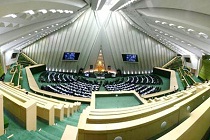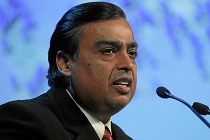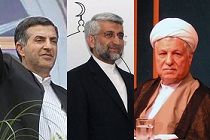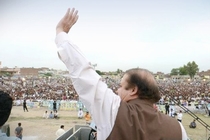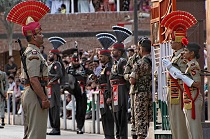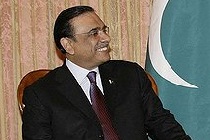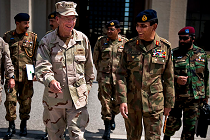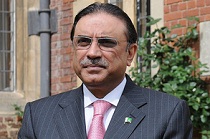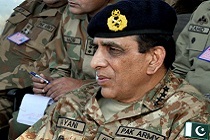A civilisation goes to the polls
As the 11th Presidential election of Iran draws closer, the atmosphere in Tehran has been abuzz with hope as well as deep cynicism. Why is Iran at a crossroads again? Why will the outcome of this election indicate the foundation of the next chapter in this civilization’s history?

